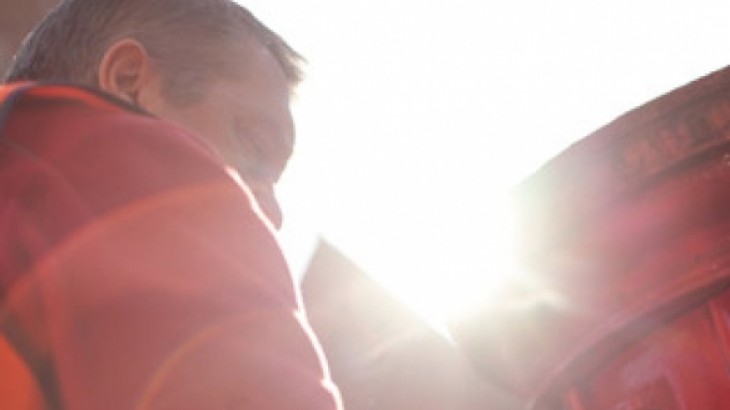The mercury is rising

Following the bank holiday sunshine, the warm weather is forecast to continue this week, with temperatures set to remain in the mid to high 20s.
For colleagues working outdoors, hot weather can pose particular health risks, including dehydration and heat exhaustion. If you spend time outdoors uncovered and exposed to the sun, you’re at greater risk of damaging your skin and developing skin cancer.
Skin cancer is now the most common and fastest rising cancer in the UK, so it’s vital that colleagues are aware of the dangers of over-exposure to the sun, and the importance of protecting and regularly checking your skin.
The sun damages and ages your skin more than any other factor, so to stay safe and ensure you don’t burn, please follow the below recommendations:
- Cover up - wear long, loose clothing to keep the sun off your skin. Your uniform is made from a special fabric to protect against ultraviolet (UV) radiation.
- Protect your head - don’t forget your head, face, ears and neck. Wear the wide brim hat that is part of your uniform – it is specially treated to protect against the sun. Wear sunglasses with UV protection.
- Take your break in the shade - come out of the sun when you have the chance, especially during the most powerful UV periods of the day between 11am-3pm.
- Use sunscreen - use Sun Protection Factor (SPF) 30 or higher on any exposed skin - apply it half an hour before going outside, put plenty on and reapply it frequently.
Remember, be skin safe - report any mole changes (size, shape, colour, itching or bleeding) or any other concerns about your skin to your doctor. Non-melanoma skin cancers tend to develop most often on skin that is exposed to the sun from working outside.
See your doctor if you have: a spot or sore that doesn't heal within four weeks, is itchy, crusty, scabs over, or bleeds for more than four weeks, or areas where the skin has broken down (an ulcer) and doesn't heal within four weeks.
Heat exhaustion can cause you to feel tired, weak and faint. It can be prevented by following the recommendations above, and ensuring you drink plenty of fluids, eating cold foods, or keeping a damp cloth on the back of your neck. Please bring water from home where possible to prevent any risk of covid-19 contamination issues at taps and water dispensers.



